Our panel discussion asked the tough question: “Is it time for planet B?”
Stephen Hawking proposed a doomsday scenario in which humanity might have as little as 100 years before leaving Earth, while Elon Musk does not want to wait for that long. Is this how we should confront existential threats to our presence on Earth, or is this a misleading and potentially dangerous or counterproductive direction of thought? Where lies our responsibility for the ecosystem that we depend on? Whatever the answer might be, the future of humanity depends on sound action and must not be left to speculative visions. Our live panel discussion at Leeds City College’s Quarry Hill Campus covered a range of perspectives, including existential risk, planetary science, biodiversity, the future of humanity, and anthropology.
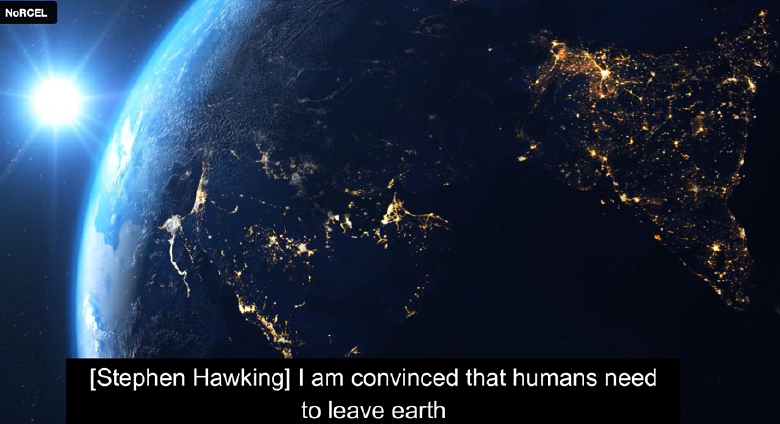
Our panellists
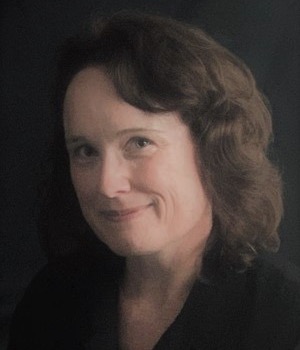 |
Kathryn Denning: Dept of Anthropology, York University, Toronto, Canada Anthropologist and archaeologist whose research focusses upon humanity’s long-term trajectories, how we imagine our future beyond Earth and how we anticipate other life that has yet to be discovered. |
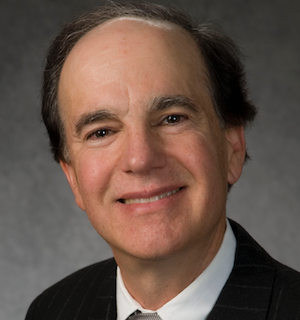 |
Jack Lissauer: NASA Ames Research Center, USA A planetary scientist specializing in planetary dynamics and planet formation; he has been a Co-Investigator on NASA’s Kepler and TESS missions, which together have discovered the majority of known exoplanets. |
 |
Erika Nesvold: JustSpace Alliance, USA Astrophysicist, co-founder of the space ethics non-profit JustSpace Alliance, and author of the upcoming book Off-Earth: Ethical Questions and Quandaries for Living in Outer Space. |
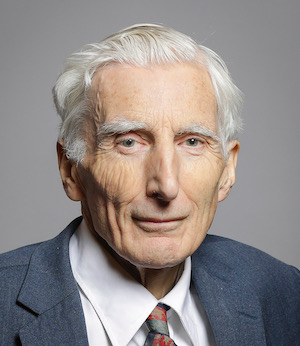 |
Martin Rees: University of Cambridge, UK UK Astronomer Royal and chairs the international advisory group for the ‘Breakthrough Listen’ project. |
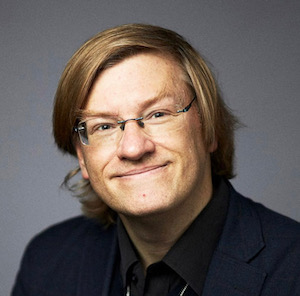 |
Anders Sandberg: Future of Humanity Institute at University of Oxford. Senior research fellow, researching existential risks, emerging technology, reasoning under uncertainty and humanity’s long-term prospects in the Universe. |
 |
Chris Thomas: Leverhulme Centre for Anthropocene Biodiversity, University of York An ecologist and evolutionary biologist who studies the positive as well as negative responses of biodiversity to humanity, and who would like to work out how we can survive on planet A |
Slideshow

Photography by Jonathan Neale


